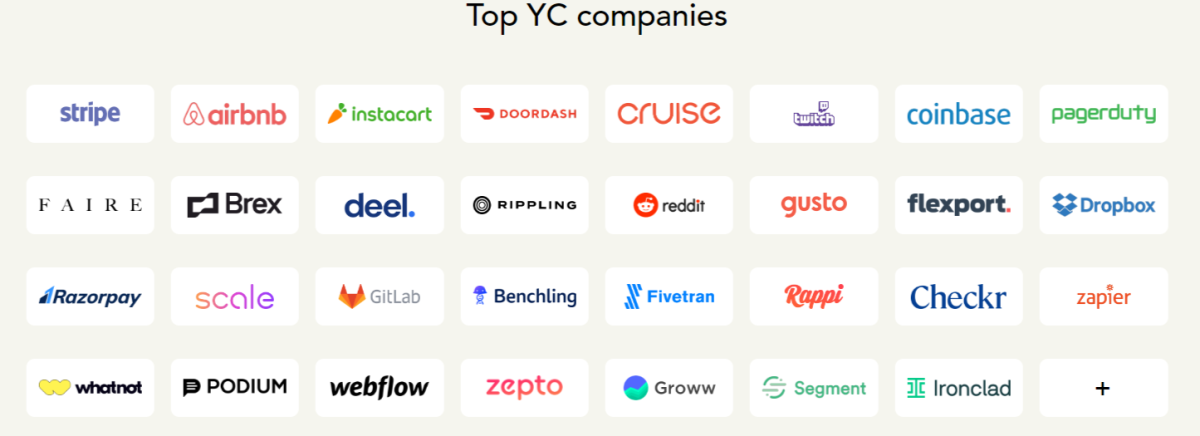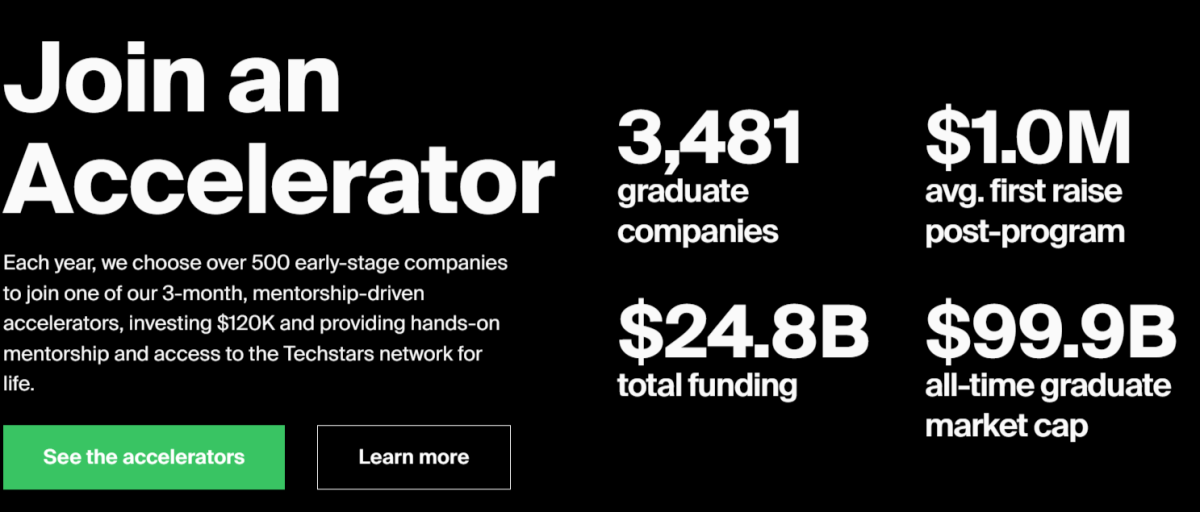Equity accelerators, also known as equity-based accelerators or equity-based incubators, are programs or initiatives that provide early-stage startups with capital funding and other resources in exchange for equity in the company. These programs aim to help startups grow and scale by providing them with the necessary financial support, mentorship, and access to a network of investors and industry experts.
Equity accelerators explained; What are they?
Equity accelerators typically operate on a fixed-term basis, ranging from a few months to a year, during which the participating startups receive intensive support and guidance. In addition to financial investment, these programs often offer a range of services such as workspace, legal and accounting assistance, marketing support, and access to a network of potential customers and partners.
The investment provided by equity accelerators can take various forms, such as convertible notes or preferred stock. The specific terms and conditions of the equity investment are usually negotiated between the accelerator and the startup, taking into account factors like the company’s valuation, the amount of funding required, and the accelerator’s expected return on investment.
By participating in equity accelerators, startups can benefit from the expertise and resources of experienced mentors and investors, which can significantly enhance their chances of success. These programs also provide startups with a platform to showcase their products or services to potential investors, increasing their visibility and credibility in the market.
Top 5 accelerators to watch out for in 2023
Equity accelerators introduce a wealth of knowledge and experience, which can be crucial for the success of first-time founders and their businesses. In addition to mentorship, startup accelerators can connect founders with investors and assist them with fundraising. Here are some of the best equity accelerators in the market.
1. Y Combinator
Y Combinator is one of the most renowned and influential startup equity accelerators globally. It has helped launch and nurture several successful companies, including Airbnb, Dropbox, and Reddit.
Since its inception in 2005, it has assisted in the growth of over 3,500 businesses. Among its noteworthy alumni are Stripe, the online payment processing software giant, and Instacart, the industry-leading grocery delivery service.

Twice a year, Y Combinator undertakes a three-month high-intensity program. Founders work on their businesses every day for three months and attend a series of mentorship meetings. Their efforts culminate on Demo Day when founders pitch their ideas to a select group of investors.
Y Combinator also gives seed capital in exchange for shares in each company. The corporation contributes $500,000, which is divided into two Simple Agreements for Future Equity (SAFE): One; is $125,000 on a Post-Money SAFE for 7% Equity in the firm. The rest comes as; $375,000 on an uncapped SAFE with a Most Favored Nation (MFN) provision.
2. Techstars
Techstars is another prominent accelerator that operates on a global scale. It provides funding and mentorship to early-stage startups and has programs in various industries, such as technology, healthcare, and manufacturing.

Every year, TechStars works with over 500 early-stage firms in their 3-month mentorship-focused accelerator programs. TechStars accepts applications six times a year and provides entrepreneurs with a variety of programs all over the world. Entrepreneurs ought to expect to have greatly expanded their network by the end of this program and to be well-equipped to begin the fundraising process.
3. 500 Startups
500 Startups is a venture capital firm and accelerator that focuses on investing in early-stage companies. They provide seed funding, mentorship, and a network of experts to help startups grow. 500 Startups is the accelerator arm of 500 Global, a venture capital firm with over $2.7 billion in assets under management.
500 Startups runs nine business accelerator programs around the world, including programs in Japan, Saudi Arabia, Canada, and the United States. 500 Startups provides customized accelerator programs and mentorship based on the needs of each firm.
Unlike the other programs on this list, 500 firms accept applications on a rolling basis, allowing firms to apply on their own time. 500 Startups accelerator programs also give founders access to 500 Global’s network of CEOs, seasoned angel investors, and venture capitalists.

Furthermore, in exchange for a 6% equity stake, 500 Startups invests $150,000 in participating companies. One disadvantage is that businesses must pay a $37,500 entrance fee. This can, however, be subtracted from 500 Startup’s investment.
4. AngelPad
AngelPad is a seed-stage accelerator based in Silicon Valley. It offers a 10-week program that provides startups with funding, mentorship, and resources to build and scale their businesses. AngelPad only works with the most prospective startups, as ranked by MIT/Brown/University of Richmond’s Seed Accelerator Rankings Project as the top accelerator in the United States.

AngelPad works with only 15 out of more than 2,000 applicants every six months for an acceptance rate of less than 1%. AngelPad has helped establish 150 companies over the course of its existence, including Postmates and AllTrails.
5. Plug and Play
Plug and Play is a startup accelerator program for technology firms. Accepted Plug and Play startups can look forward to a 12-week program designed to foster innovation and link interesting tech startups with blue-chip corporations. Plug & Play, which was launched in 2006, has raised over $9 billion for its portfolio of startups and has over 300 VC investors in its ecosystem.

Plug and Play has created a network of over 450 corporate partners and 300 venture capitalists, which is a valuable resource for the company’s entrepreneurs. In addition, their in-house venture capital team invests $25,000 to $500,000 in over 260 businesses each year.





